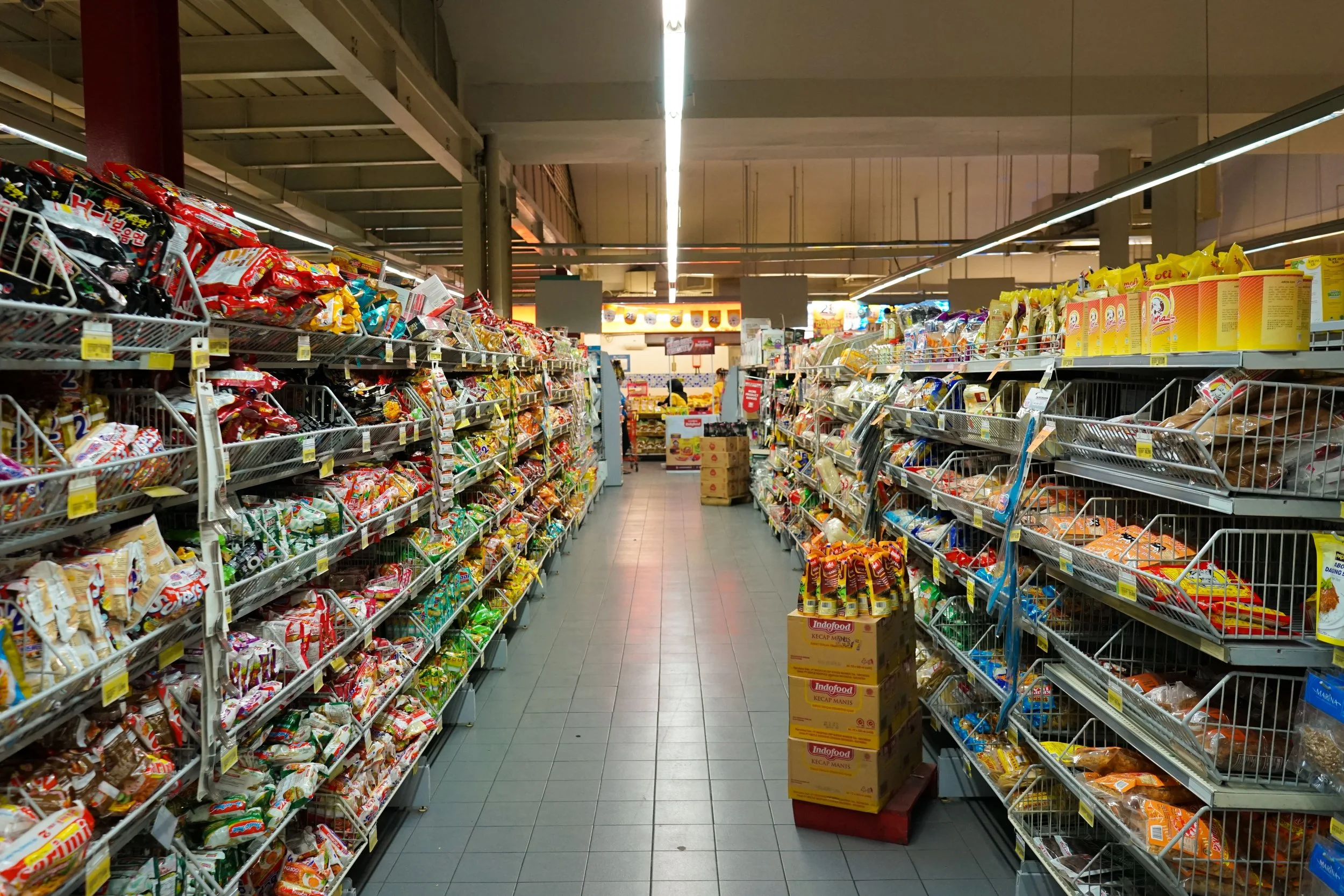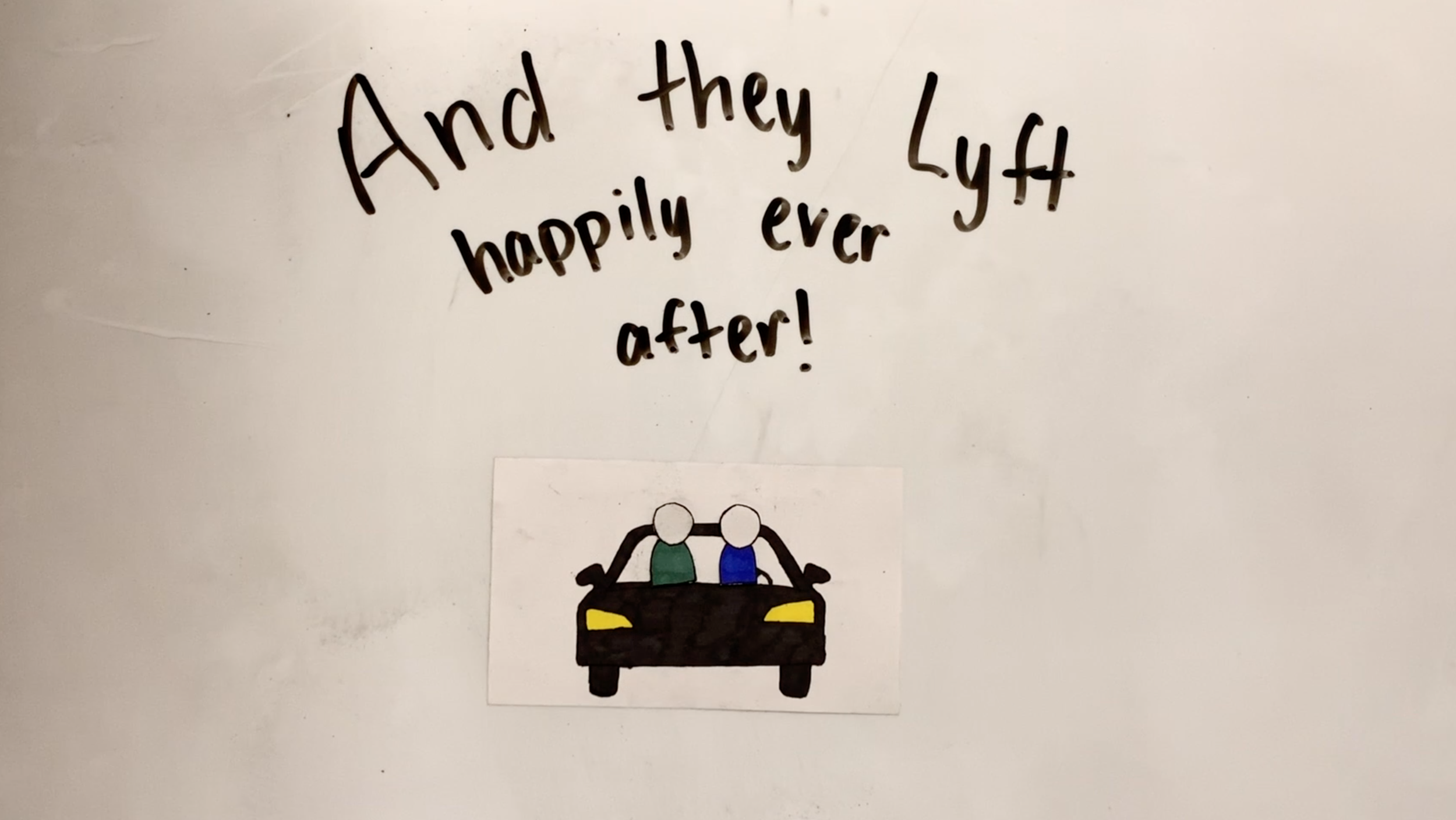Project Overview
Though proven lucrative for low-margin grocery business, customers are often left feeling helpless and frustrated. Our goal is to address the needs of the grocery shopper and utilize the physical store space to maximize positive interactions between users and their environment.
RESEARCH
Methods: Secondary Research, Affinity Diagramming, Competitive Matrixes, Interview,Observation,Personas and Scenarios,
Research Findings:
Rating systems are commonly used on sharing platforms as a tool to regulate employee performance and provide safe and high-quality services to customers. However, the existing five-star rating system used by Lyft does not provide accurate and trustworthy information about the ride.
Personas & Scenarios
Click on personas for full profile and stories
PROBLEM SCOPE
User group: Supermarket patrons who need a way to location certain items
Pain point: need a
Context: In-Store Shopping
Scope: Supermarket patrons spending more time than anticipated trying to locate certain items. Our decision was informed by synthesis of secondary and primary research, as will be discussed in Part 1.
DESIGN
Methods: Sketches, paper prototypes, usability testing, iteration
After thorough discussion, we decided to eliminate the star-based system and replaced it with the new features to the rider’s rating experience, and one new feature to the driver’s page
Visual representation of the driver’s performance for each rating criteria
The goal of this screen is to encourage drivers to quickly identify which criteria they need to improve upon to fill those bars with more green. The criteria can be quickly identified by the symbols in front of each bar.








